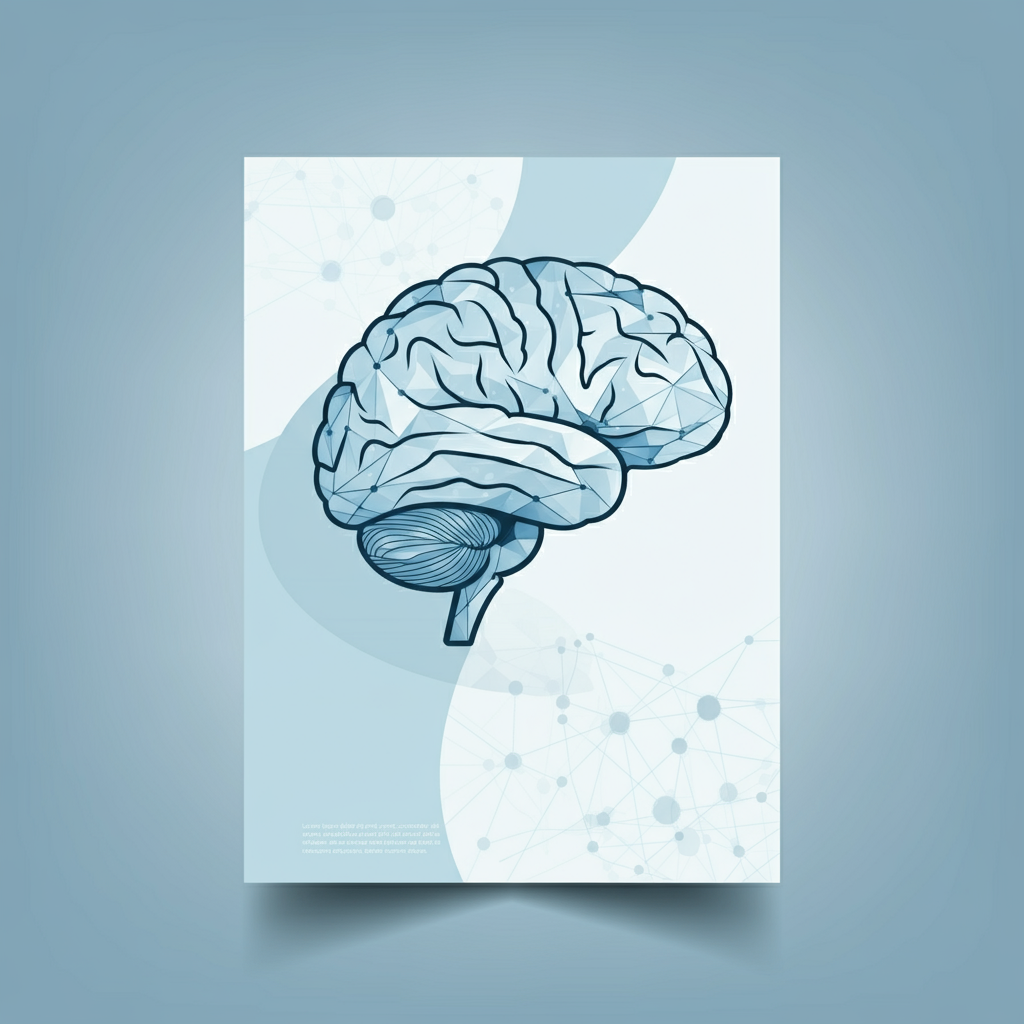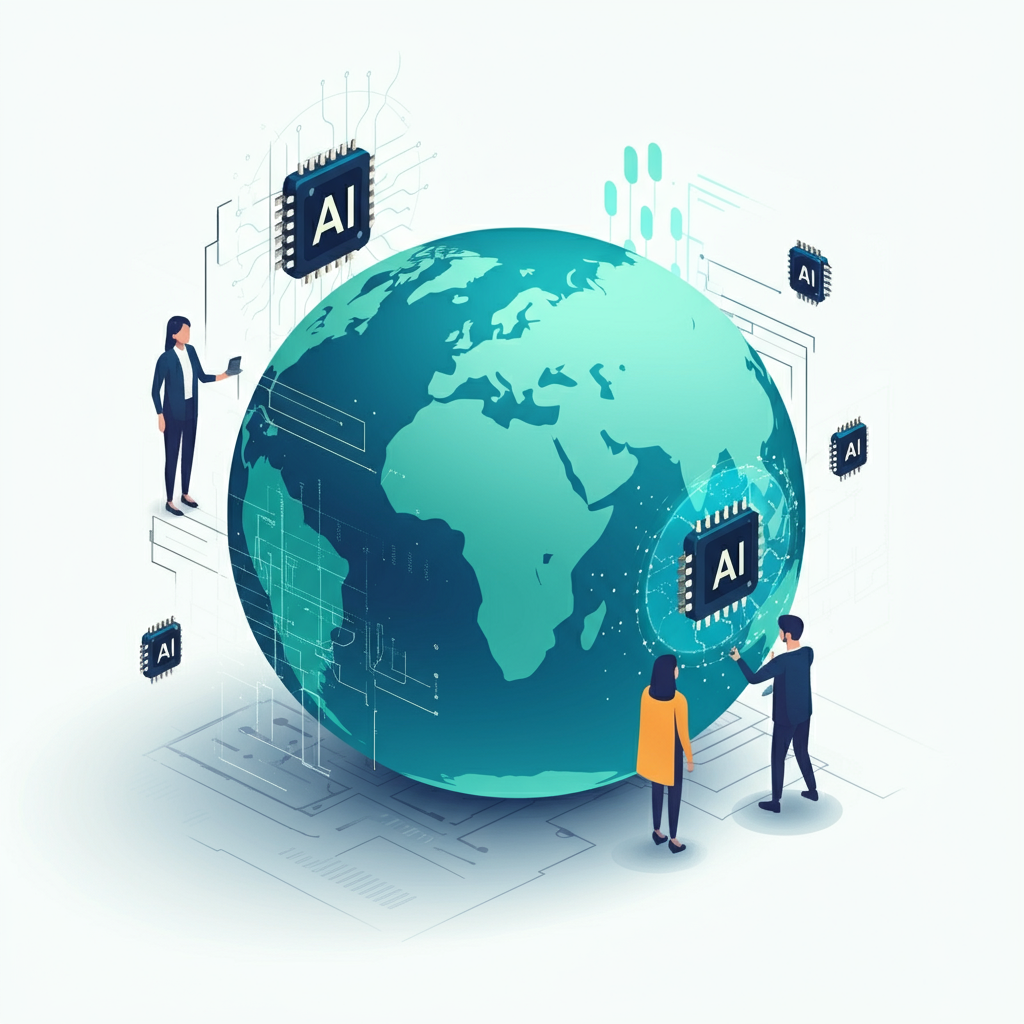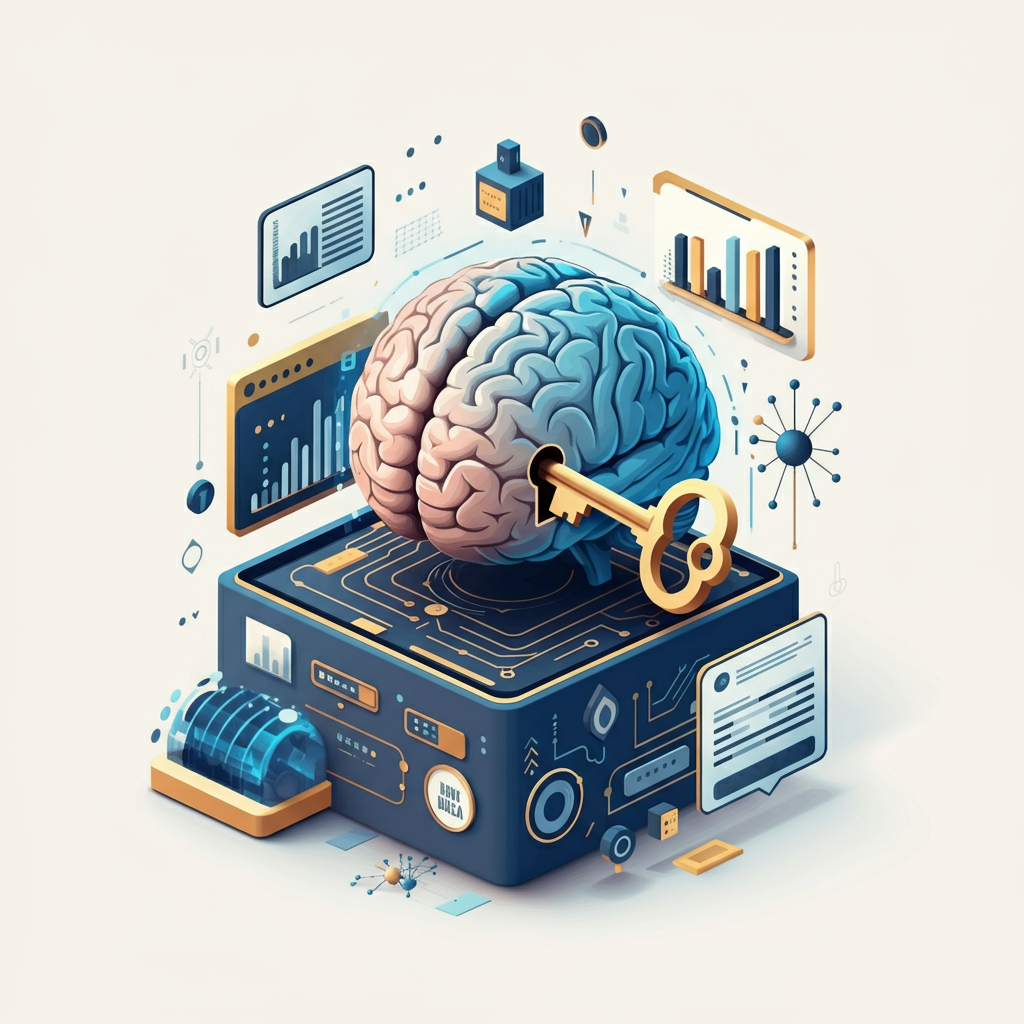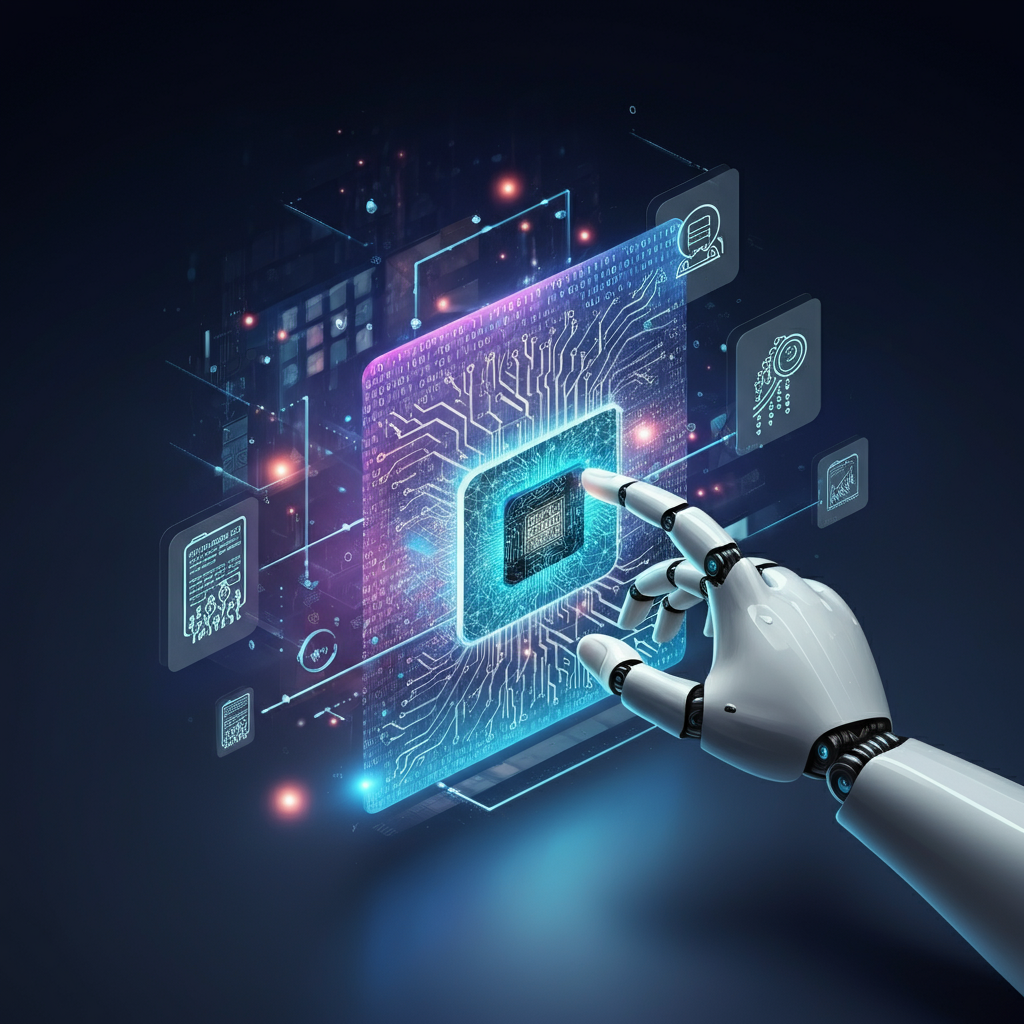Artificial Intelligence (AI) is no longer a concept confined to sci-fi movies or tech labs. It’s embedded in the fabric of our daily lives—from the algorithms curating your Netflix recommendations to AI systems optimizing global supply chains. While its potential is boundless, AI brings with it a dual-edged sword, offering incredible benefits while evoking widespread anxieties.
How do we, as a society, harness the power of AI while addressing its challenges? How do we create a data strategy that empowers businesses, governments, and individuals to thrive in an AI-driven world? This blog explores these critical topics, offering strategic insights to help you unlock the possibilities of data and AI while navigating its complexities.
Understanding AI Anxiety
What is AI Anxiety?
AI anxiety refers to the emotional and psychological responses individuals or societies experience when faced with rapid technological advancements in AI. These anxieties are fueled by both tangible concerns and uncertainties about the future.
Common Fears and Concerns
- Job Displacement
AI automation is reshaping the job market. According to a 2023 report by McKinsey, approximately 20 million manufacturing jobs could be replaced by machines by 2030. People fear losing their livelihoods to automation, while others worry about the lack of reskilling programs to adapt to new roles.
- Loss of Control
The idea of relinquishing control to intelligent systems can feel unsettling. Whether it’s an AI making financial decisions or autonomous vehicles navigating busy streets, there’s a lingering fear of errors and malfunctions.
- Ethical Implications
Concerns over bias, privacy breaches, and data security compound AI anxiety. For instance, facial recognition software has been criticized for its racial biases, underscoring the need for fair and ethical AI development.
The Psychological Impact of AI

Cognitive Effects
- Information Overload
AI systems produce and process vast amounts of data, overwhelming users with options and insights. Paradoxically, this “data abundance” can complicate decision-making rather than simplify it.
- Automation Bias
People may place undue trust in AI systems, assuming their outputs are always accurate. This over-reliance can lead to blind spots and critical errors in decision-making processes.
Emotional Effects
- Fear of the Unknown
Uncertainty surrounding AI’s capabilities and limitations amplifies fear. Questions like “Will AI take my job?” or “Can we control ultra-intelligent systems?” fuel apprehension.
- Social Isolation
AI has contributed to the rise of digital interaction over face-to-face communication. While AI-driven platforms connect people globally, over-reliance on technology risks weakening real-world human connections.
Societal Implications of AI

Economic Restructuring
- Changes in the Job Market
While some roles are declining due to automation, others are being created. For example, demand is increasing for AI specialists, data scientists, and automation engineers. Companies and governments must address this shift by investing in training programs.
- The Need for Reskilling
To thrive in an AI-driven economy, workers need to adopt new skills, prioritizing creativity, critical thinking, and technical expertise.
Ethical and Moral Dilemmas
- Algorithmic Bias
Consider the case of biased AI hiring tools that favored male candidates over equally qualified women. Ensuring diverse datasets and transparency in algorithm design is crucial.
- Privacy Concerns
Data breaches and misuse of personal information in AI systems underline the importance of robust data protection measures and ethical AI governance.
Impact on Human Relationships
- Digital versus Face-to-Face Interaction
While AI-driven platforms like social media foster global connections, they can also reduce the depth and authenticity of in-person relationships. Balancing digital interaction with genuine, face-to-face connections is key.
Navigating the AI Era A Strategic Approach
Education and Awareness
- Continuous Learning
Stay informed about AI advancements by following reputable sources like MIT Technology Review or attending industry events.
- AI Literacy
Educational institutions and organizations must prioritize AI literacy programs to empower individuals with the knowledge needed to use AI tools effectively.
Developing Adaptive Skills
- Creativity and Critical Thinking
These human skills complement AI’s logical capabilities. By focusing on creative problem-solving, you can add value that AI alone cannot provide.
- Emotional Intelligence
Empathy and interpersonal skills will remain vital in areas like leadership, counseling, and customer service.
Ethical AI Development
- Transparency in AI Systems
Explainable AI (XAI) ensures that users understand how decisions are made, building trust in AI systems.
- Promoting Fairness
Developing inclusive datasets helps eliminate biases, ensuring AI solutions are equitable and effective.
Building Trust in AI Systems

Transparency and Explainability
- Simplifying AI Processes
Companies should work to make AI systems accessible and understandable to non-experts, breaking down complex algorithms into layman’s terms.
- Open-Source Development
Encouraging community reviews and contributions can enhance trust and accountability in AI development.
Regulatory Frameworks
- Data Protection Laws
Regulations like the GDPR set crucial standards for privacy and data security, offering a model for global AI governance.
- Accountability Standards
Clear guidelines on who takes responsibility for AI decisions reduce skepticism and foster public trust.
The Role of Leadership and Policy
Corporate Responsibility
- Ethical AI Guidelines
Adopting ethical frameworks ensures businesses prioritize fairness, transparency, and accountability in their AI applications.
- Support for Employees
Helping employees adapt to AI changes through training programs or emotional support can ease anxieties and foster a positive work environment.
Government Policies
- Investment in Education
Allocating resources for AI research and educational initiatives ensures that communities are well-prepared for the future.
- Social Safety Nets
Creating support systems for workers affected by automation demonstrates a commitment to equitable growth.
Thriving with AI Your Personal Strategy
Mindset
- Cultivate Curiosity
Take the time to explore how AI can enhance rather than replace your daily activities.
- View Change as Opportunity
Adopting a growth mindset helps you adapt to challenges and seize new opportunities that AI presents.
Lifestyle
- Balance Digital and Physical Activities
Limit screen time and focus on activities that foster real-world connections, such as volunteering or outdoor hobbies.
- Prioritize Human Connections
Invest in building and maintaining meaningful relationships with family and friends.
Continuous Learning
- Stay Updated
Follow AI-focused blogs, attend webinars, and subscribe to newsletters to keep abreast of developments.
- Participate in Training
Workshops and certifications can help you stay relevant in an AI-driven world.
Shaping Our AI Future
AI is neither an existential threat nor a flawless solution. It’s a tool with incredible potential to solve complex problems, streamline work, and improve lives. By approaching it with an informed, strategic mindset, we can harness the benefits of AI while minimizing its challenges.
Want to learn more about how data and AI can transform your business or personal growth? Start by demystifying AI anxiety and empowering yourself with the right knowledge.



